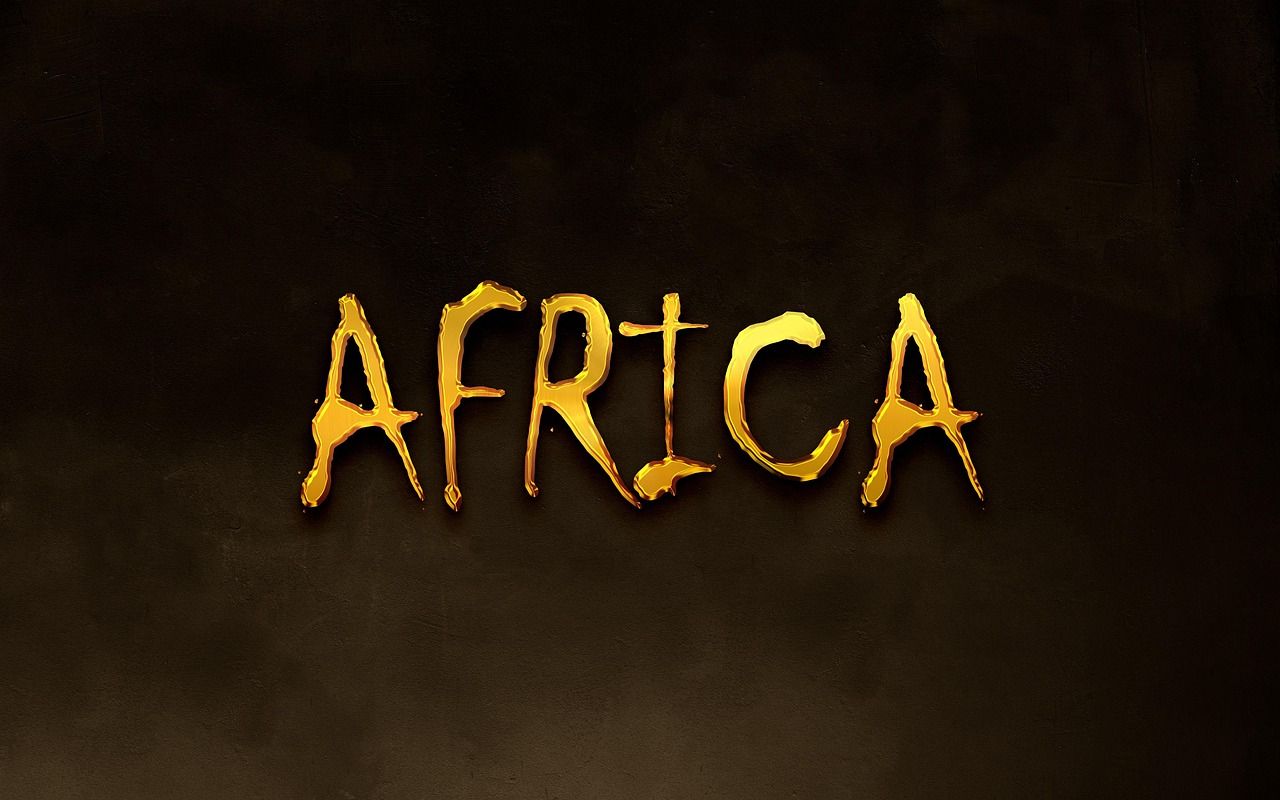Learning and Speaking Yoruba Language Without Dialectal Interference
The Yoruba language is one of Africa's richest and most expressive tongues that has a vast array of dialects, spoken by millions across southwestern Nigeria and in diasporic communities worldwide. Though the diversity of its dialects, such as Ijebu, Egba, Ekiti, Oyo, and others, adds to the cultural depth of the Yoruba people, it can also be challenging for learners striving for fluency in standard Yoruba. It is essential to pursue standard Yoruba language if learning at all, as an interfered language can sound funny to the ears of the native speakers. For students, teachers, or self-learners, the goal is often to speak and write Yoruba without dialectal interference. But how can this be achieved? Let’s get to know what dialectal interference is.
Understanding Dialectal Interference
Dialectal interference refers to the influence of regional variations or linguistic habits on the learning and speaking of a standardized language. In Yoruba, dialects such as Oyo, Egba, Ijebu, and Ondo differ in pronunciation, vocabulary, and intonation. For example, a speaker from Ekiti might say "mo lo sí ọjà" differently in tone and accent than someone from Oyo. These differences, while valid within their contexts, can confuse learners aiming to master standardized Yoruba.
Why Aim for Standard Yoruba?
Standard Yoruba, often referred to as Èdè Yoruba àtẹ̀yìnwá, is the version taught in schools and used in media, literature, and formal communication. Mastery of this form ensures wider understanding and better integration into Yoruba-speaking environments, especially in academic, religious, and professional settings.
Strategies for Overcoming Dialectal Interference
-
Focus on Standard Yoruba: Standard Yoruba serves as the official version taught in schools and used in media. It is essential to focus on resources that emphasize standard Yoruba grammar, vocabulary, and pronunciation. Textbooks like Colloquial Yorùbá by Antonia Schleicher offer structured lessons with audio aids to support pronunciation.
-
Maximize Multimedia Tools: Multimedia platforms such as YouTube channels (Nalingo Naija and Yorùbá Lessons with Adérónkẹ́) and apps like uTalk offer interactive lessons that focus on standard Yoruba. These tools help learners practice listening and speaking while minimizing regional influences.
-
Practice with Native Speakers: Conversing with native speakers who are fluent in standard Yoruba is crucial. Platforms like Italki allow learners to interact with tutors who can correct dialectal errors and guide proper pronunciation.
-
Immerse in Yoruba Media: Exposure to Yoruba-language movies, podcasts (e.g., I Speak Yoruba Too), and radio programs can reinforce standard usage. However, learners should select materials that align closely with the standardized version.
-
Learn Tonal Patterns: Yoruba is a tonal language where meaning changes based on pitch (high, mid, low). Mastery of tones is critical to avoid confusion caused by dialectal variations in tone usage.
-
Structured Grammar Practice: Grammar is foundational for fluency. Learners should systematically study sentence structures, verb conjugations, and syntax using targeted exercises that emphasize standard forms.
Challenges and Solutions
- Phonological Variations: Dialects may differ in vowel sounds or consonant endings. Regularly listening to native speakers of standard Yoruba helps mitigate these issues.
- Semantic Differences: Some words may have distinct meanings across dialects. Using dictionaries or standardized resources ensures clarity.
- Morphological Interference: Regional influences may alter word formation rules. Practicing word construction based on standard grammar rules helps overcome this challenge.
Balancing Respect for Dialects
While pursuing standard Yoruba, it’s important to respect the dialects and their cultural significance. Dialects are living reflections of history and identity. However, separating dialect from standard usage helps maintain clarity, especially in formal or academic contexts.
Hence, learning to speak Yoruba without dialectal interference is entirely possible with conscious effort and the right resources. Whether you're a native Yoruba speaker or a language learner, mastering the Yoruba language without dialectal interference can help you connect with the rich cultural heritage of the Yoruba people. So if you’re learning this language at all, it is important you go for the standard and generally accepted one. Have a great time learning Yoruba!
Spread the Knowledge! 🚀
Found this article useful? Click the Share button below and let others benefit too!



